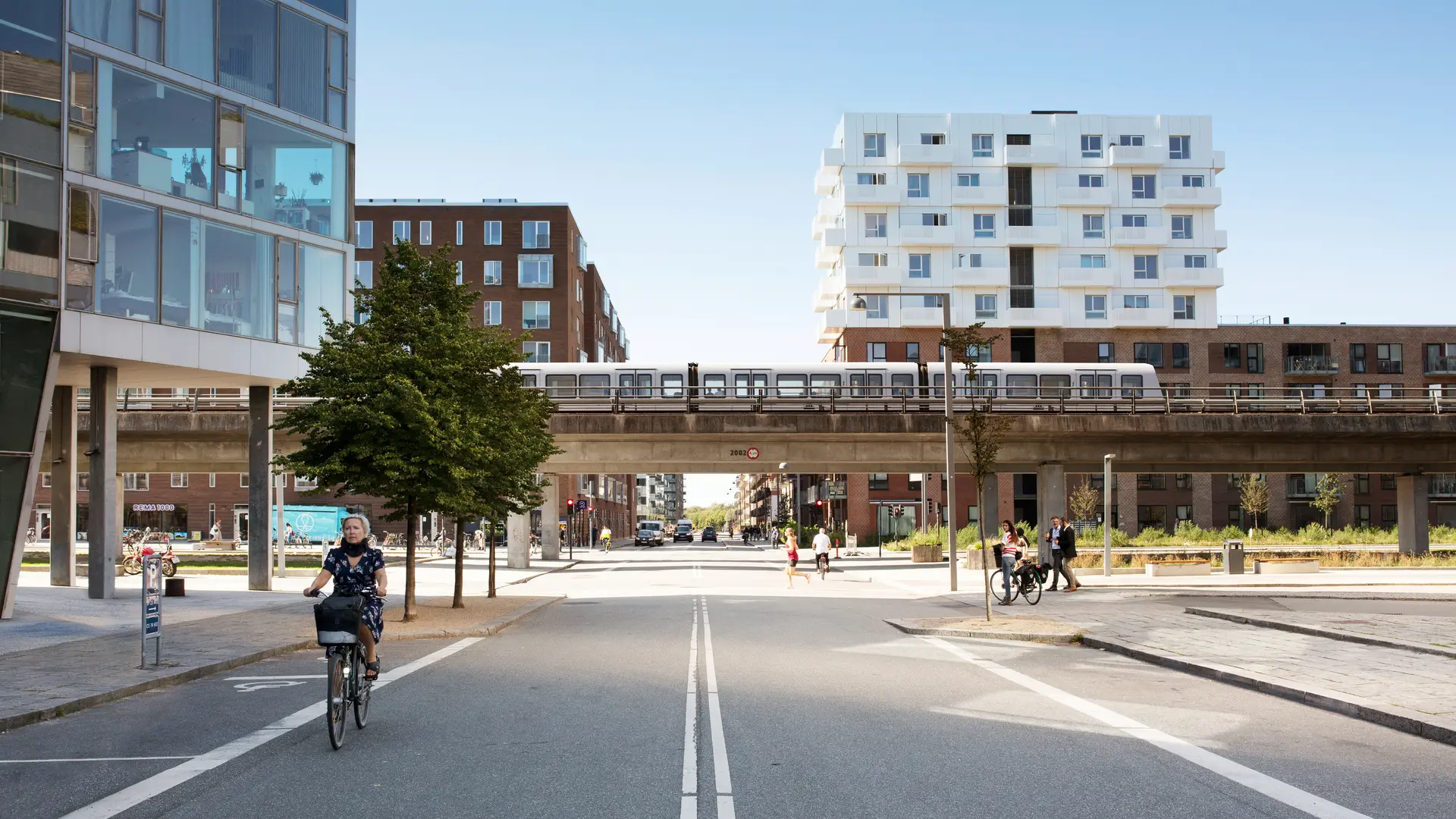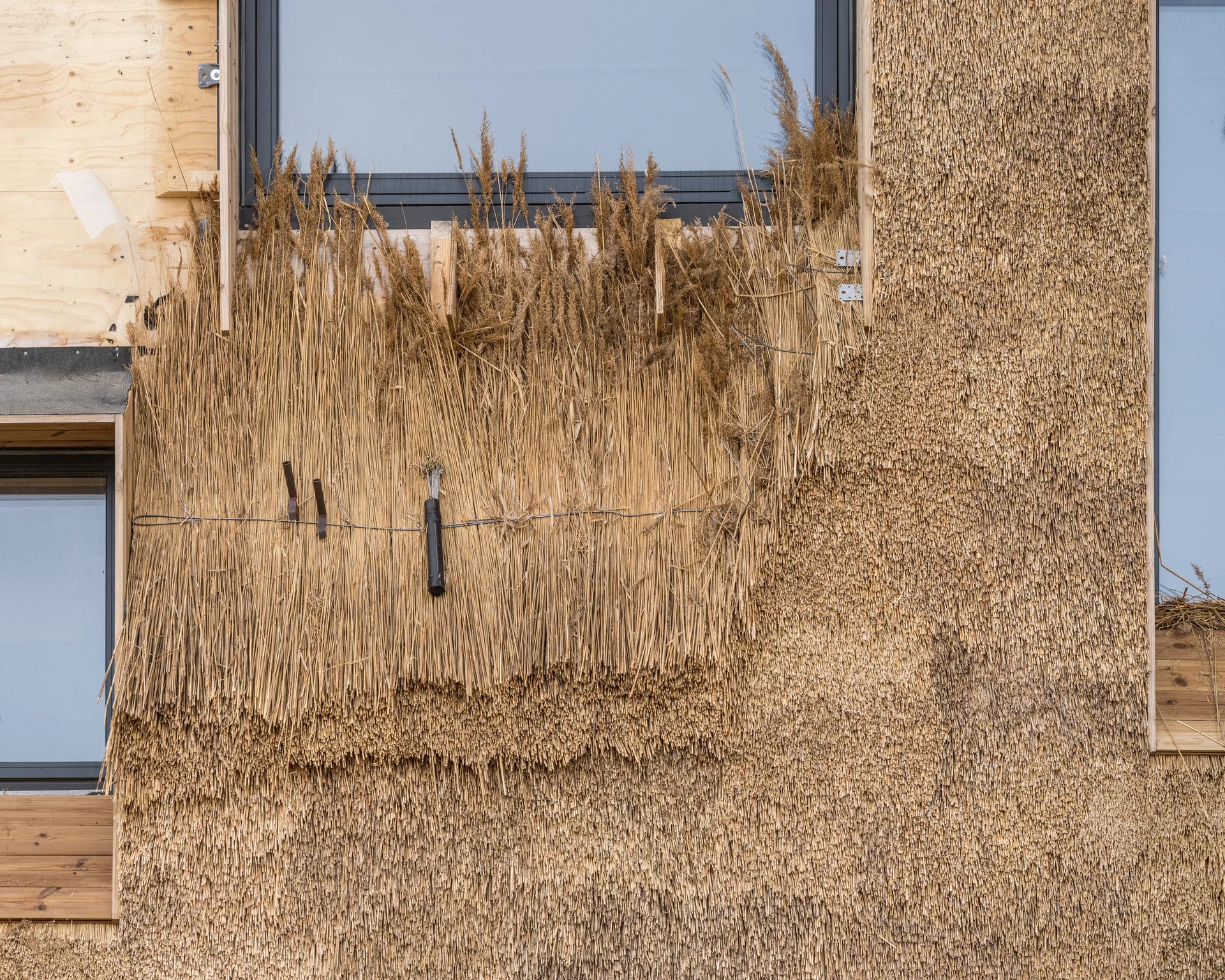Together with the Copenhagen School of Architecture and MIT, we are improving neighborhoods in Copenhagen

How do we create a basis for well-working neighborhoods? And can we offer the existing neighborhoods a stronger social cohesion? To examine these questions, we are collaborating with students from the Royal Danish Academy of Fine Arts, School of Architecture and students from Massachusetts Institute of Technology (MIT) as Copenhagen is becoming UNESCO World Capital of Architecture in 2023. The Ramboll Foundation and Bevica Fonden are both supporting the project.
The pandemic has taken its toll on society’s well-being and preferences. To make an example, analysis shows that Danes living in apartments experience lower life quality than before the pandemic.
Therefore, we’ve initiated the project ‘Re-neighboring’. The project seeks to examine how to rethink and improve neighborhoods in ways that heighten social cohesion, life quality, and communities.
The collaboration has given us the opportunity to switch roles to acknowledge new universal and local perspectives on neighborhoods. At the same time, creating the possibility for aspiring and experienced architects to inspire and challenge each other to gain new insights on what makes a great neighborhood and its purpose in the sustainable city.
“As an international architecture company with offices and projects all over the world, we experience that living is a universal thing, but the way we live and use our neighborhood varies from place to place. We are excited to work with the students to gain more knowledge on how we can strengthen the social connection and the advantages of living in the city,” says Ofri Earon, Head of Living at Henning Larsen.
The project is exploring already existing neighborhoods in Copenhagen, getting a deeper understanding of the areas’ effect on the inhabitants and their effect on each other. The students will also analyze which local community organizations are involved in the area. Finally, they are going to give their take on how we can better the neighborhoods in question. For example, a neighborhood containing public housing, villas, or urban block structure.
“To strengthen the creation of the civil society in different residential areas, we need to enlighten ourselves on what neighborhoods and affiliations are about. After that, get a sense of what these neighborhoods aren’t doing but should be doing. Our students are experts at reading the physical and social environment and examining the political structures affecting an area. Combining the this with MIT’s students’ backgrounds and Henning Larsen’s knowledge-based approach and global experience, I am certain that the project will lead to new understandings of strong and complex neighborhoods,” says Niels Grønbæk, lector and leader of the program’s political architecture at The Royal Academy.
Together with the students of The Royal Academy and MIT, we will work with the ‘Re-neighbouring’ project until summer 2023. The project suggestions will be shown in a street exhibition during the World Congress of Architects 2023, held in Copenhagen.
‘Re-neighbouring’ has received 750.000 DKK from The Ramboll Foundation and 50.000 DKK from Bevica Fonden.



